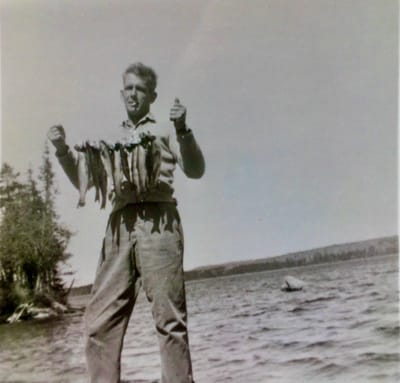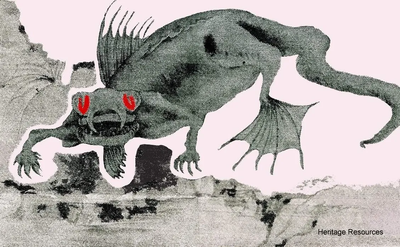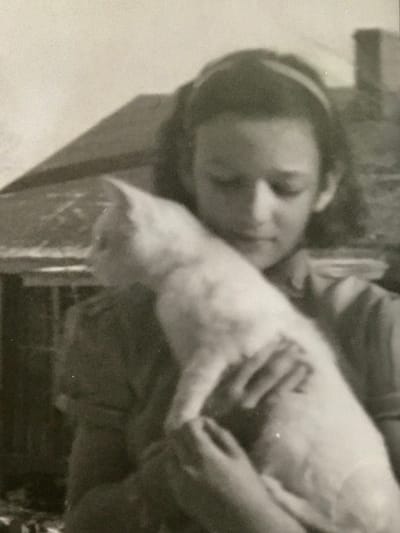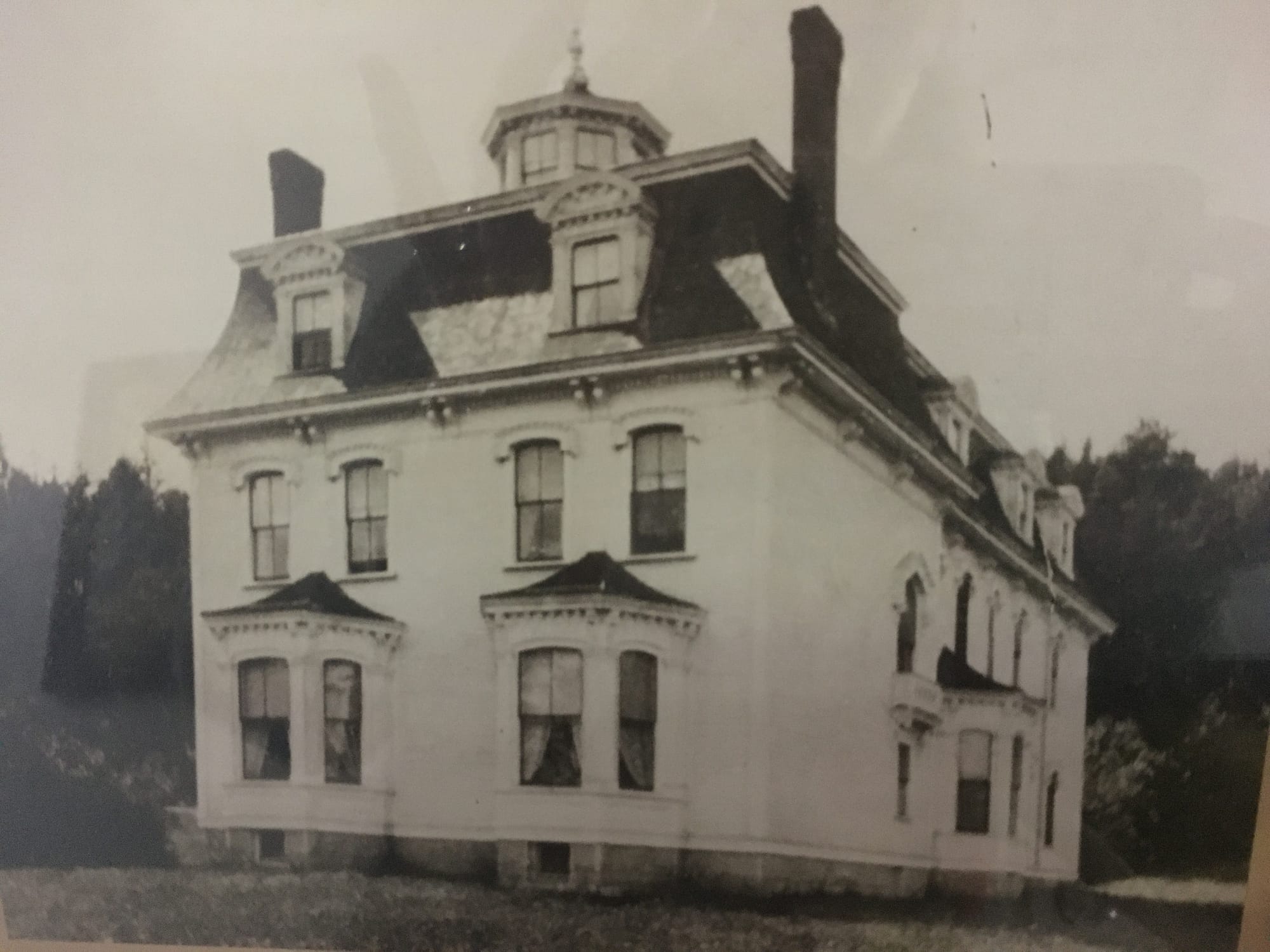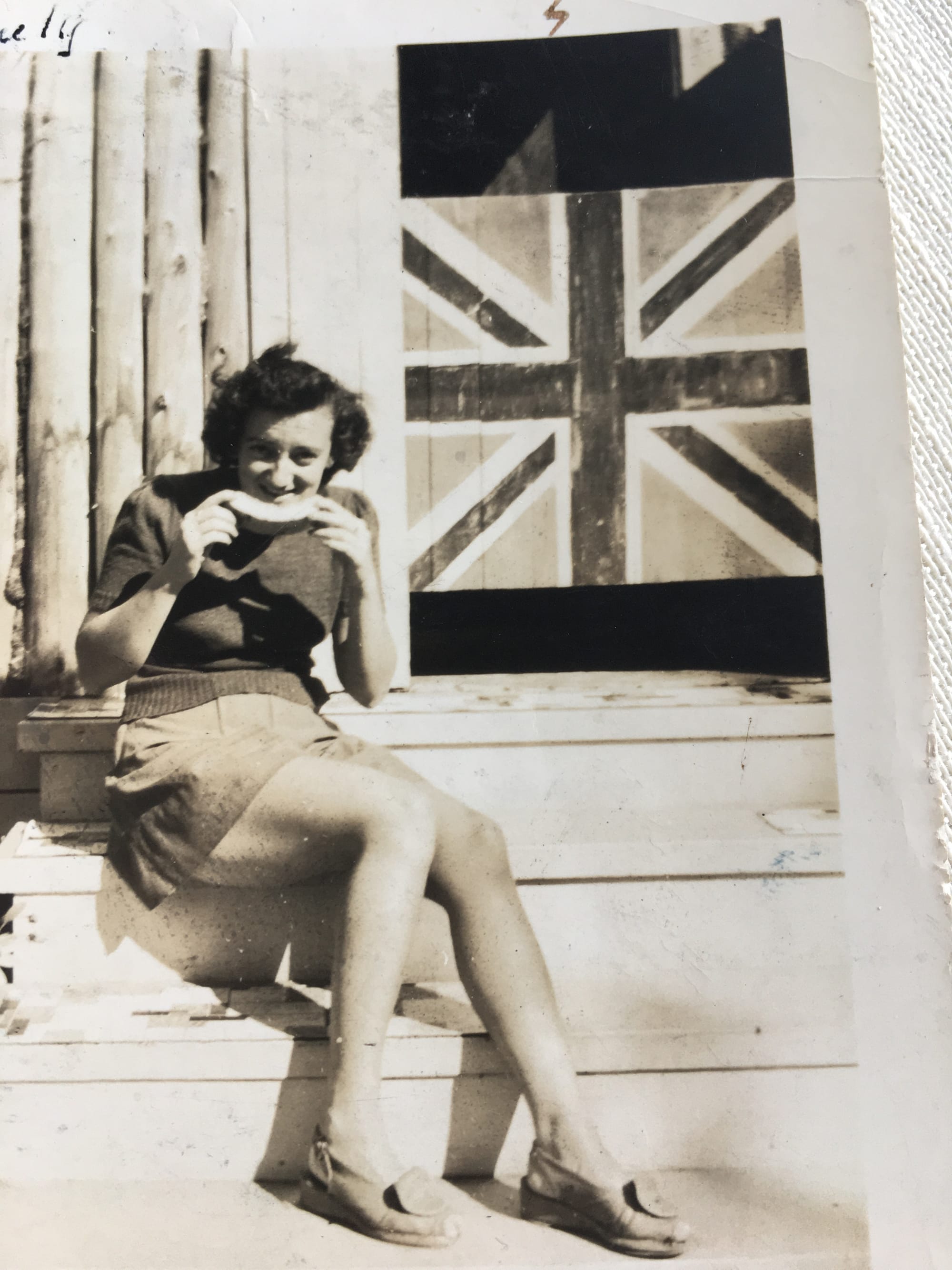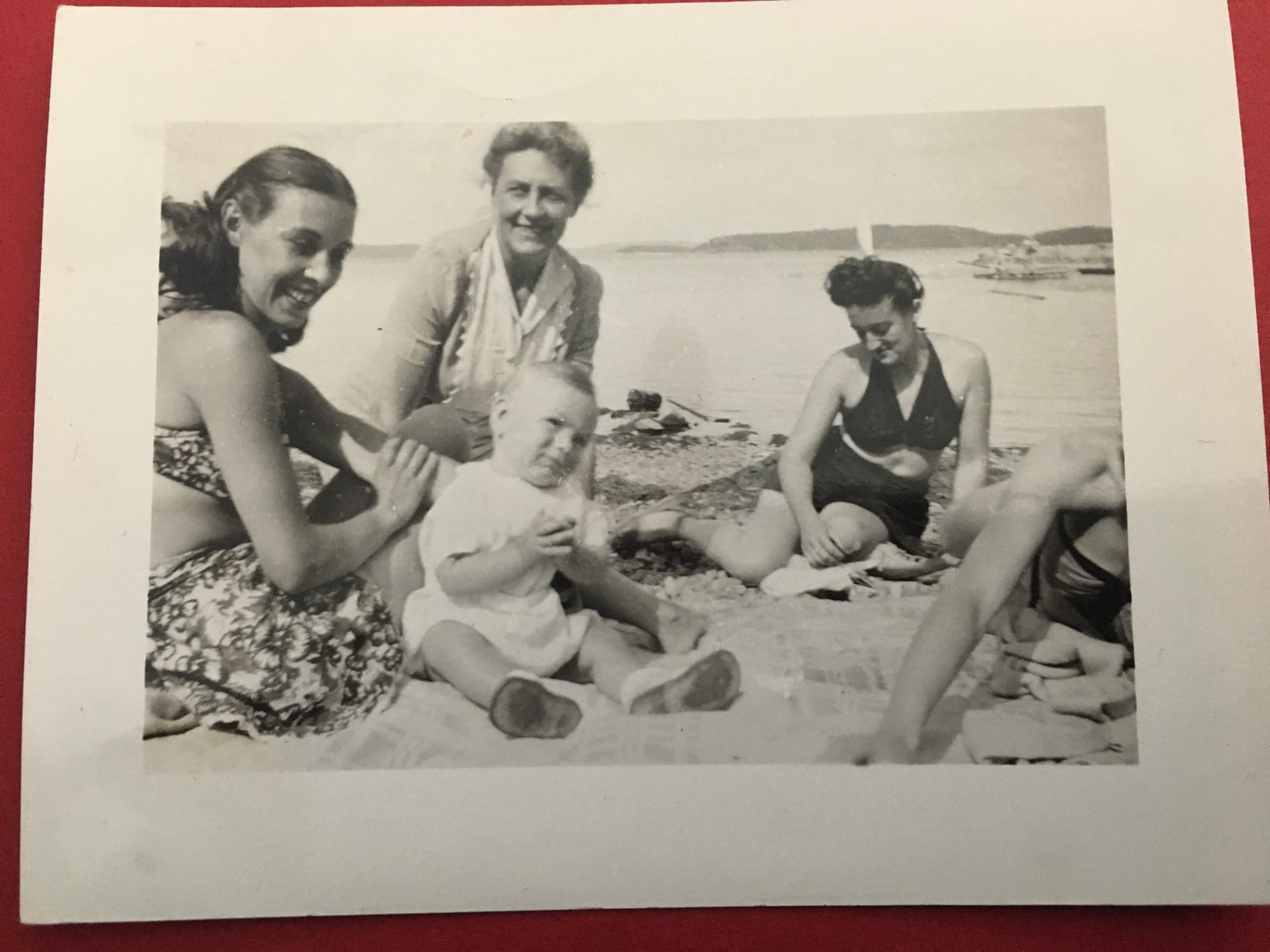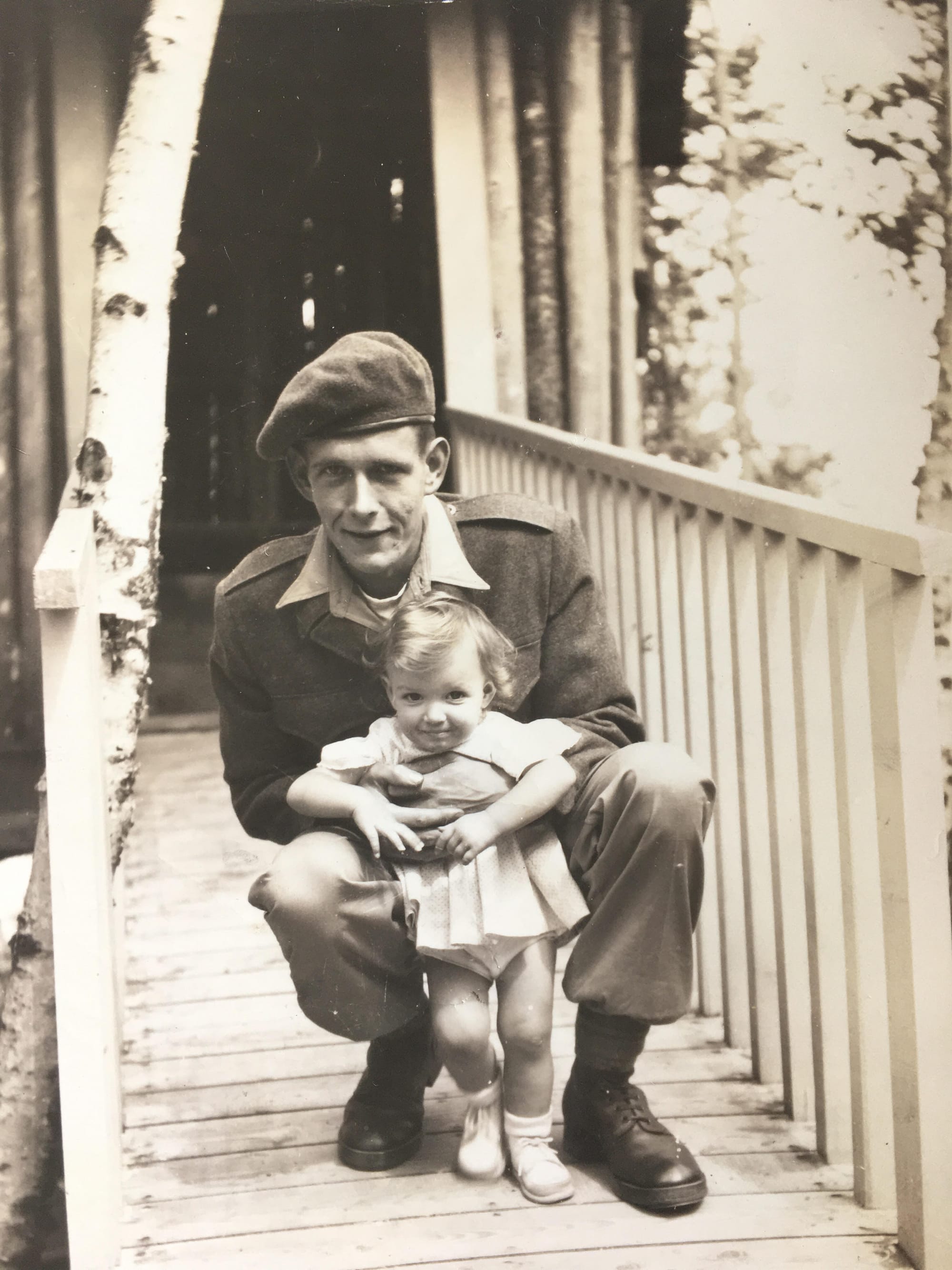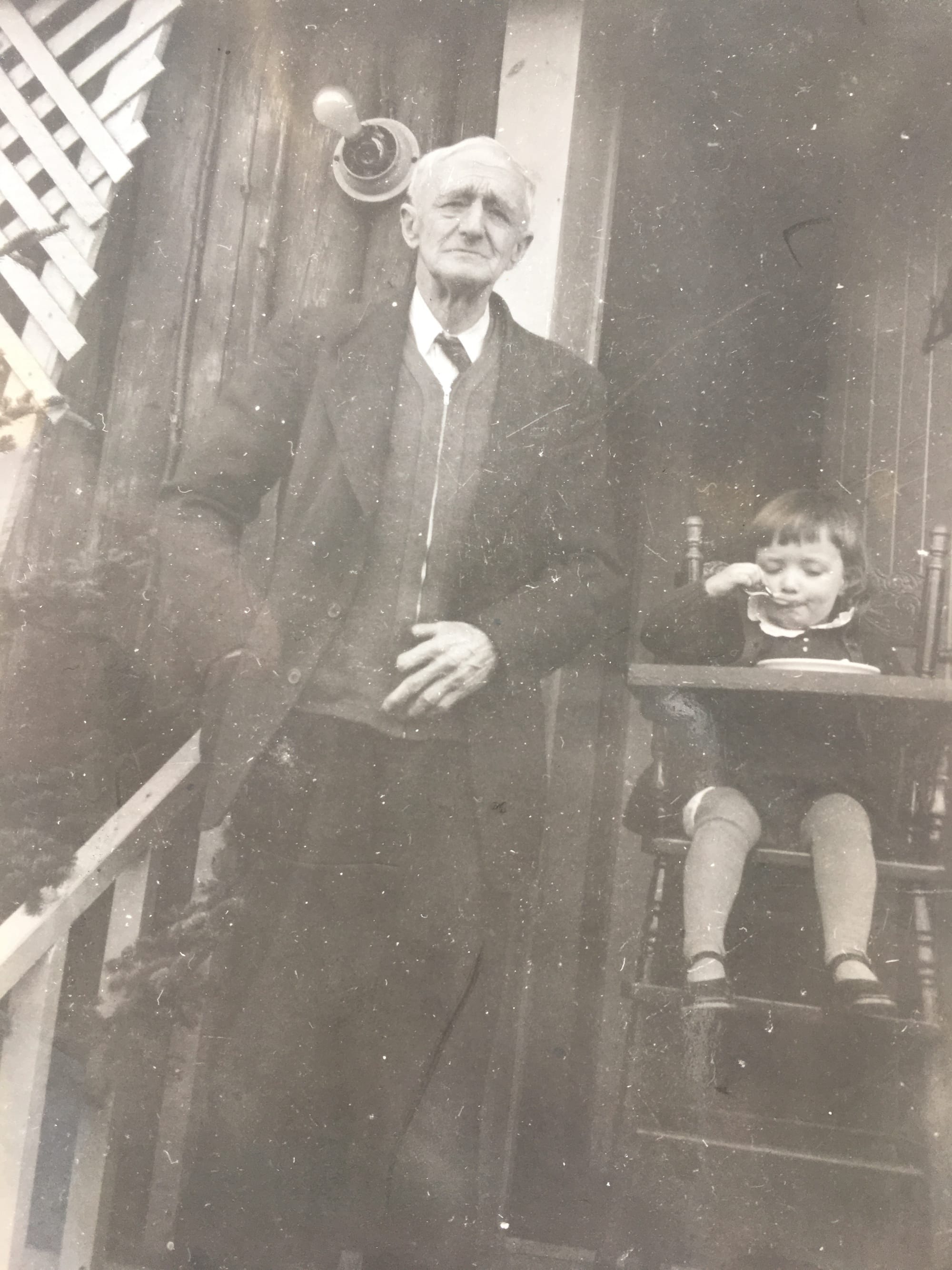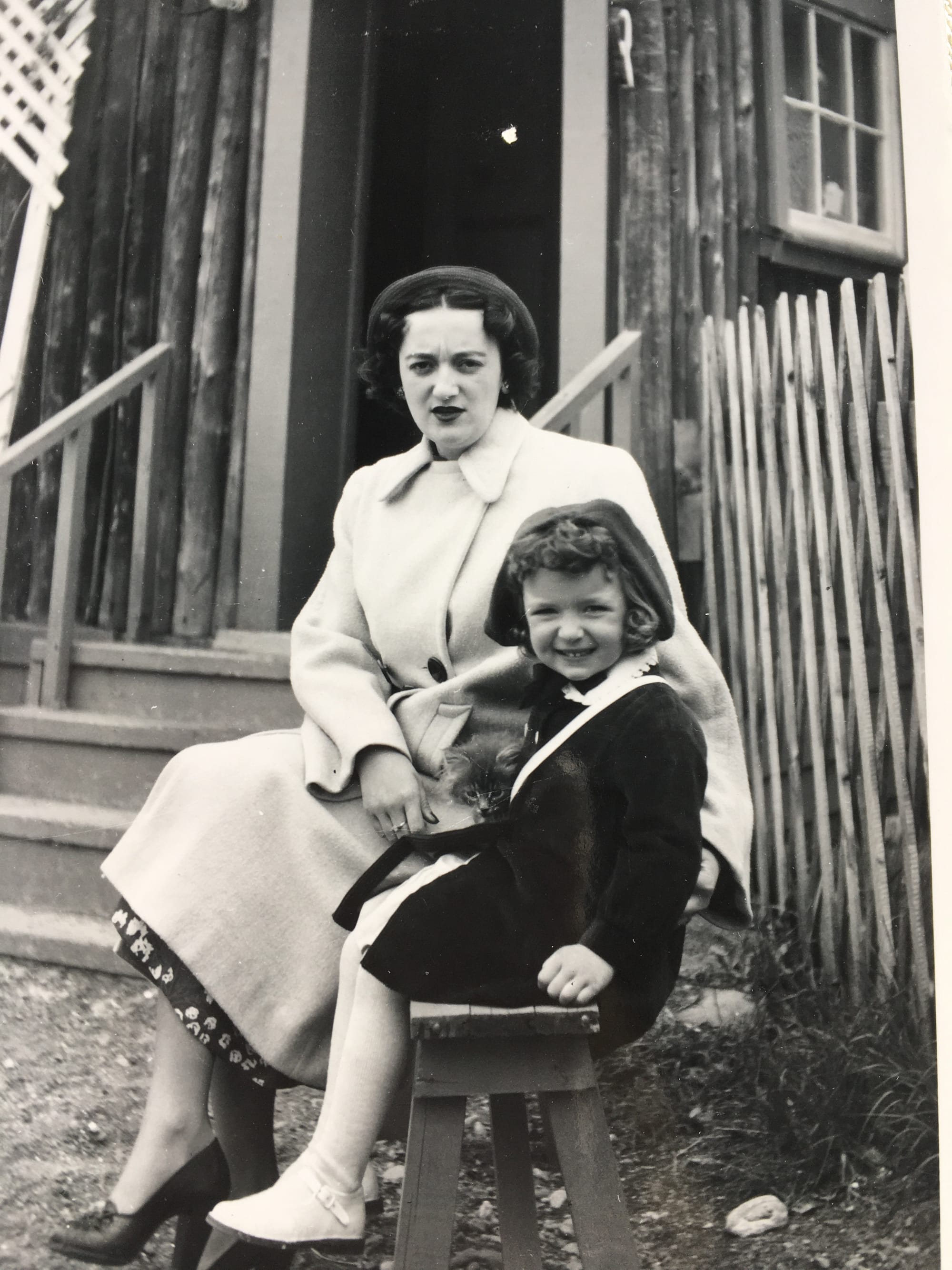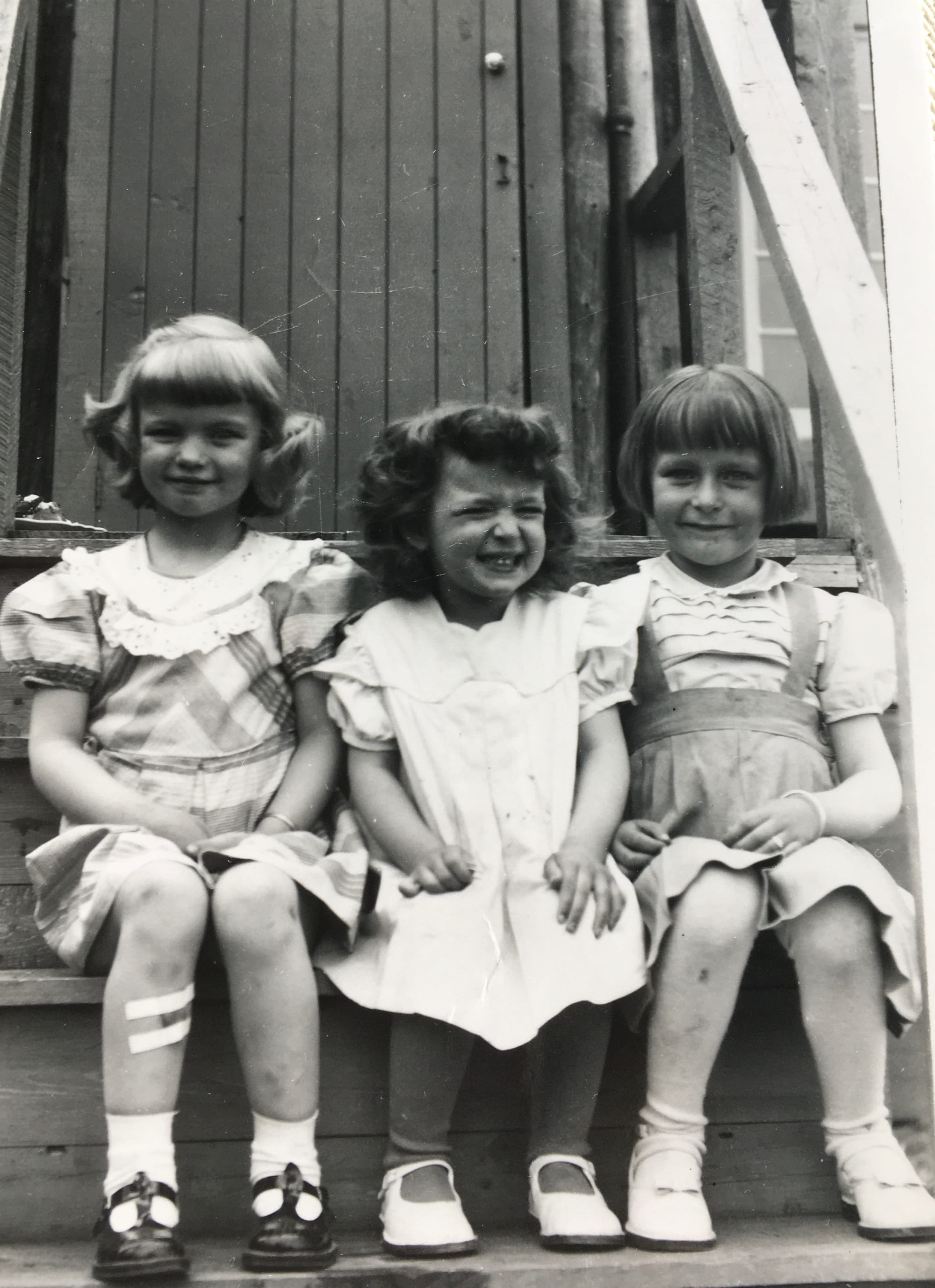Zoë Sutton Harris
AUTHOR
About

Zoë graduated from the University of California, Berkeley with a master’s degree in social work. Her time as a social worker brings a rich perspective to her writing.
For the past 44 years, Zoë calls the San Francisco Bay Area home. During that time, she enjoyed sojourns to The Bahamas for four years and to Kazakhstan for eight years. She lives with her husband and rescued mutt, Lucy. Two adult children call her mom. Recently, she celebrated the arrival of her first grandchild.
Unpublished work
STRAWBERRY CONUNDRUM
STRAWBERRIES MAY OR MAY NOT SHOW UP HERE TODAY—The chalkboard sign hung cattywampus on my favorite fruit and vegetable stand. I stood frowning at the sheer ridiculousness of the proclamation. My gaze turned to Hank, a cantankerous old curmudgeon; he stared me down.
“Hank, where are the strawberries? I’m planning on making a strawberry shortcake.” He leaned forward as if to share a secret. I leaned in
.
“I hate strawberries. They give me a lot of trouble.”
“What kind of trouble?”
“Do you really want to know?”
“Yes, Hank. Tell me how they give you trouble.”
“You’ll need to sit down. Some of it’s hard to hear.” He pulled up an old wooden chair, part of the rungs on the back missing. Hank leaned on the corner of the fruit stand, chewing on an unlit pipe.
“As you know, they’re a fragile lot. When they arrive, we must check them for travel bumps and bruises. If more than one soft spot shows itself, the bruise specialist eats them. I fired him last week.”
“Hank, are you talking about your ten-year-old grandson?” He ignored my question.
“Another reason those luscious berries you love so much may or may not be available here today has to do with the Strawberry Festival up river. If the unsuspecting strawberry truck driver stops for a wee and a coffee, the strawberries all roll off the truck and join in the festivities.”
“Hank, are you pulling my leg?”
“No. Those harlots dance with the raspberries who went there for a good time, if you get my drift.” Hank winked. “The strawberries, known for not being one of the brightest in the box, fall victim to the more rapacious raspberries. They sometimes linger after midnight. You know nothing good happens after the bewitching hour. Many jump into the quart baskets with the raspberries rendering themselves ‘used goods’.”
“Hank!”
Hank drew on his unlit pipe. “There’s more. The driver leaves after his cuppa joe and shows up here with an empty truck. The next day the strawberries, faces redder than ever, forego the ‘walk of shame’, preferring to drop into strawberry margaritas in the bars along main street. They are no longer ‘farm fresh’.”
“Hank, that’s awful.”
“I know it’s hard to swallow. You need to understand the life of a strawberry is fraught with peril. In the off chance they make it out of the festival unsullied and roll back onto the truck, you might be fooled into thinking a strawberry shortcake is in your future. However, with the driver jacked up on caffeine, a highway accident can give new meaning to the phrase ‘red asphalt’. Showing up here today? Well, there are just too many variables."
“I’ll take three pints of blueberries.”
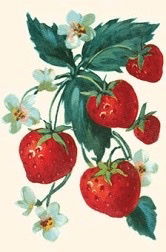
Featured Work
FAMILY DANCE
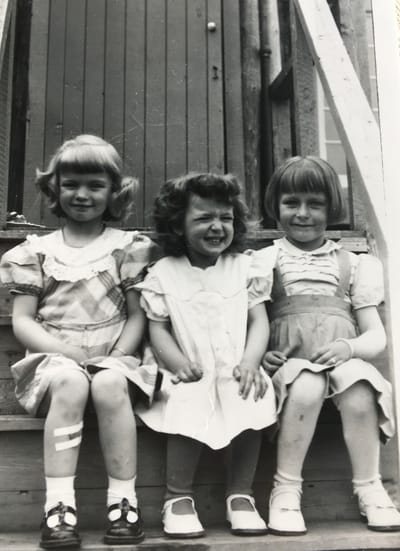
Lucy Maud Montgomery’s Anne of Green Gables merges with Jeannette Walls’ The Glass Castle. Sweetness and light marry dysfunction and denial. Meet the Harris family, a dichotomy of both.
Zoë's coming-of-age memoir, Family Dance, chronicles the crazy moves back and forth, between the Harris family’s chronically half-built house and the maternal Grandparents’ home across a shared gravel driveway. The dance, always motivated by financial woes, laces its way through the chapters. The story wrapped in a rich family history unfolds on a small bluff overlooking the Saint John River in the tiny village of Ketepec in New Brunswick, Canada.
The father, Don, taught his children important life lessons so they often knew what to do in a dodgy situation. A dreamer and an alcoholic, he struggled with his lack of education. His fallback—the army— provided him with a sense of self-worth.
The mother, Penelope Lucy, artistic, avid reader, tea drinker, and chain smoker, taught her children to fear nothing with few exceptions. She lived her life entrenched in enabling behaviors and codependency. She gifted Zoë with the love of reading through her collection of books from childhood, all classics—transcendent in the giving.
The grandmother, Hattie May Sutton, the poetic, 4’11” backbone of the family, controlled, dominated, and interfered in her daughter’s life. She stood at the ready when the family reached out for help, fueling a dysfunctional cycle engulfing and enfolding everyone. Yet, for the most part, the family, steeped in denial, sidestepped the minefields and thrived.
One exception thwarts the family’s homeostasis and occurs over a period of a year. The author calls it “The Year of the Butterfly”. Her world forever changed.
The father’s alcoholism reared its ugly head. Her parents became detached. Zoë, thrown into situations beyond her years, became fearful and anxious. Yet, buffers existed on that little hill combating the horrors of that awful year.
Zoë and two girls close in age lived on the bluff above the river. The three clung to each other like sisters. They played with gasoline, taunted trains, skated on thin ice, invited hobos to tea, and embraced the double and triple dog dare, earning them the label, Trio-of-Trouble.
The unfettered freedom experienced by children growing up in the ‘50s and ‘60s in rural New Brunswick added a richness to Zoë’s often chaotic childhood. Readers are treated to the healing balm of humour through the antics of the Harris family’s scrappy tomcat, Snowball, a beguiling sweet Cocker Spaniel, Shammy, and a smattering of chickens.
This memoir explores coming-of-age in a vibrant dance through the author’s childhood and of resilience in the face of family imperfections.
